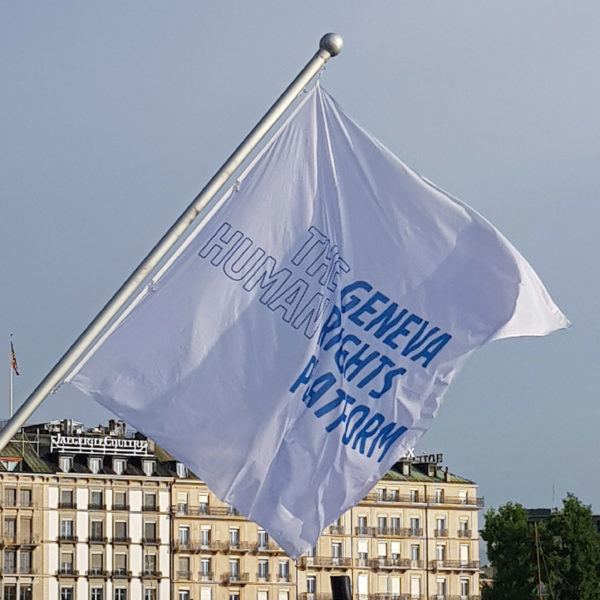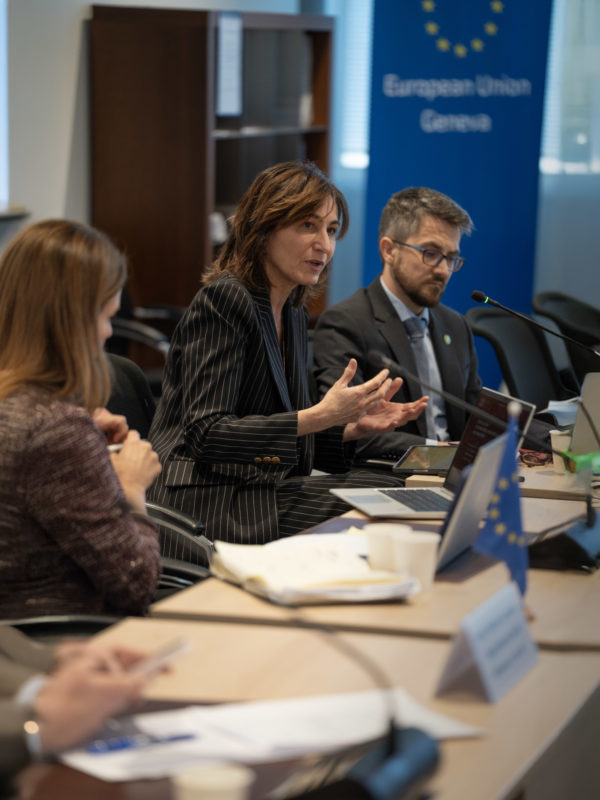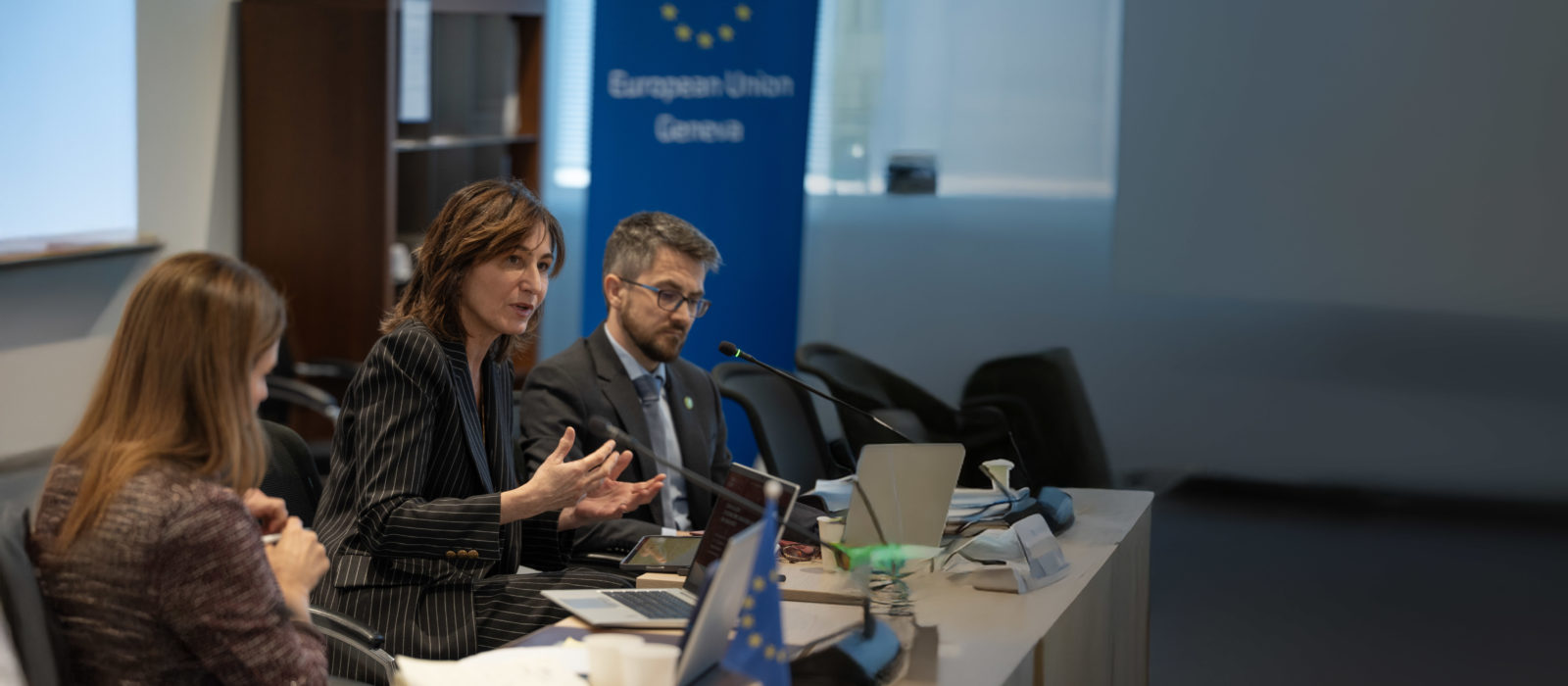At the Geneva Academy of International Humanitarian Law and Human Rights, policy-oriented projects translate legal expertise into concrete forms of engagement with policy actors. They complement the Academy’s academic-oriented research by focusing on how legal frameworks are interpreted, operationalised, and applied in practice within the Academy’s thematic priority areas.
Policy-oriented projects take different forms. Some include applied research components, producing targeted legal analysis designed to inform policy debates, institutional practice, and decision-making. Others focus primarily on policy dialogue, coordination, and engagement, creating trusted spaces for exchange among States, international organisations, UN mechanisms, civil society actors, and experts.
Across these different formats, policy-oriented projects respond to concrete challenges related to human rights protection and governance, accountability and prevention, and situations of armed conflict. They are closely connected to the Academy’s priority areas and are often accompanied by workshops, seminars, conferences, and closed policy dialogues, as well as dissemination activities such as policy briefs, working papers, blog posts, podcasts, and other public-facing outputs.
Below, you will find the Academy’s current policy-oriented projects, each reflecting a specific mode of engagement at the intersection of legal analysis and practice.
Current and Recent Policy-Orientated Projects

Conflict, Security and the Human Right to a Clean, Healthy and Sustainable Environment

Authoritarianism and Human Rights

The Human Rights System and Prevention


